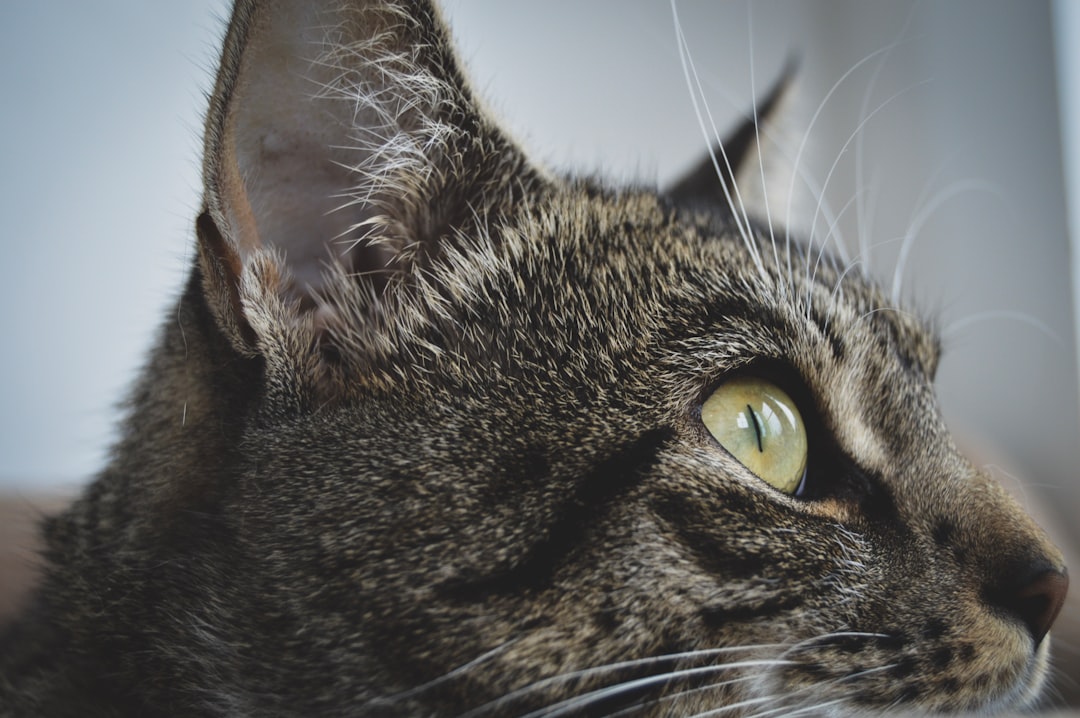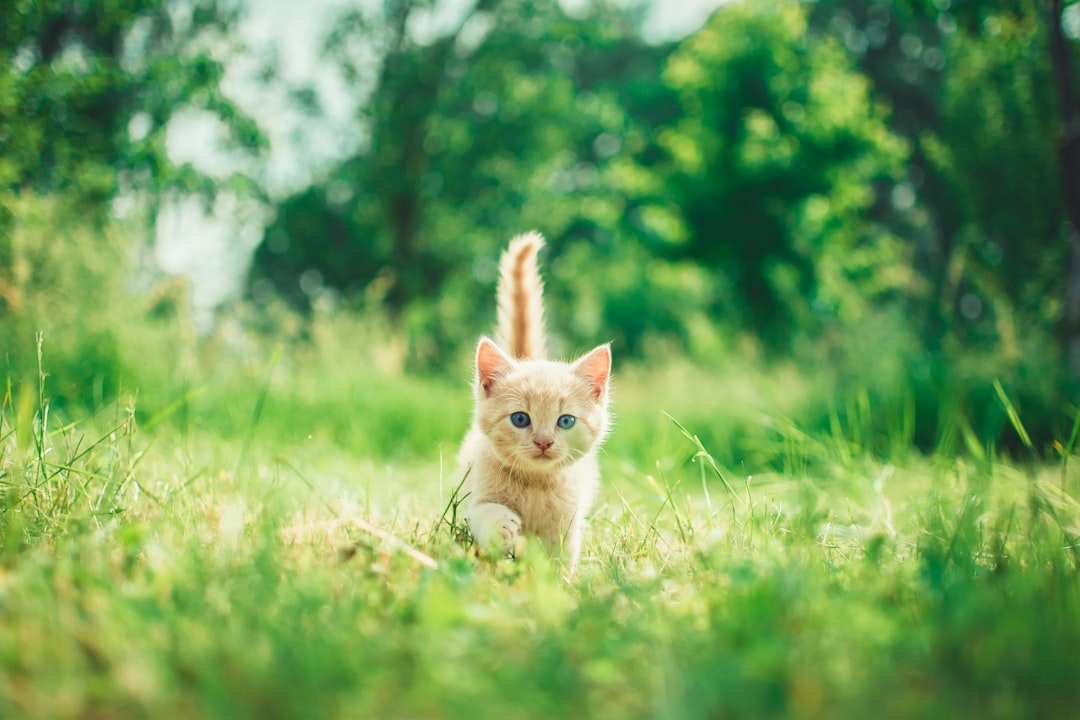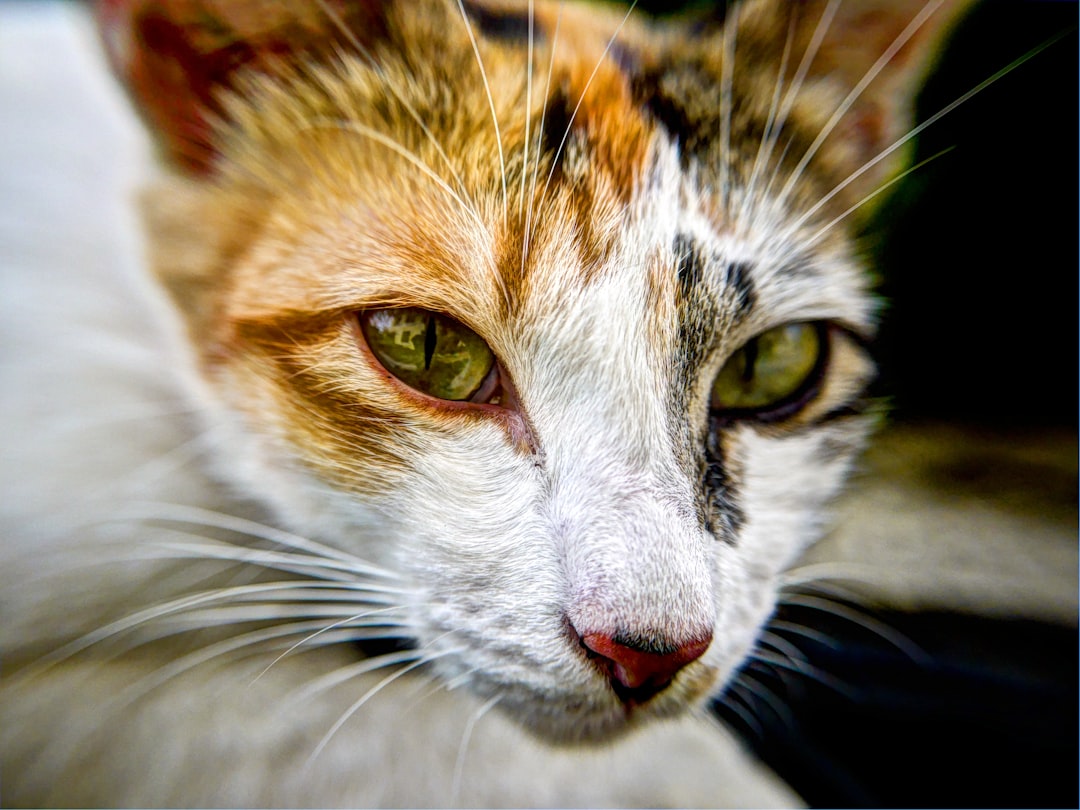Munchkin cats captivate pet lovers with their charming appearance and playful nature. As an owner, understanding the factors that affect the munchkin cat lifespan is crucial for ensuring their health and happiness. Various elements, such as genetics, diet, and living environment, play significant roles in determining how long these adorable felines will thrive. By being proactive in preventative care and tailored nutrition, you can help extend the life of your beloved munchkin. Discovering more about their specific needs empowers you to provide the best possible life for your furry friend.
Understanding the Munchkin Cat Breed
The Munchkin cat is a unique and charming breed known for its distinctive short legs and playful personality.
Key Characteristics:
- Size: Munchkins are small to medium-sized cats.
- Coat: They come in a variety of colors and patterns.
- Personality: Known for being affectionate, active, and social, these cats love to engage with their owners.
Munchkin Cat Lifespan
- Generally, the munchkin cat lifespan ranges from 12 to 15 years.
- Their playful nature often leads to full, vibrant lives.
Fun Fact:
- The short legs of Munchkin cats result from a natural genetic mutation, which does not affect their mobility or quality of life.
In summary, understanding the Munchkin cat breed involves appreciating its unique features and lively personality, all of which contribute to the factors influencing the munchkin cat lifespan. By caring for these pets properly, owners can help ensure they lead long, happy lives.
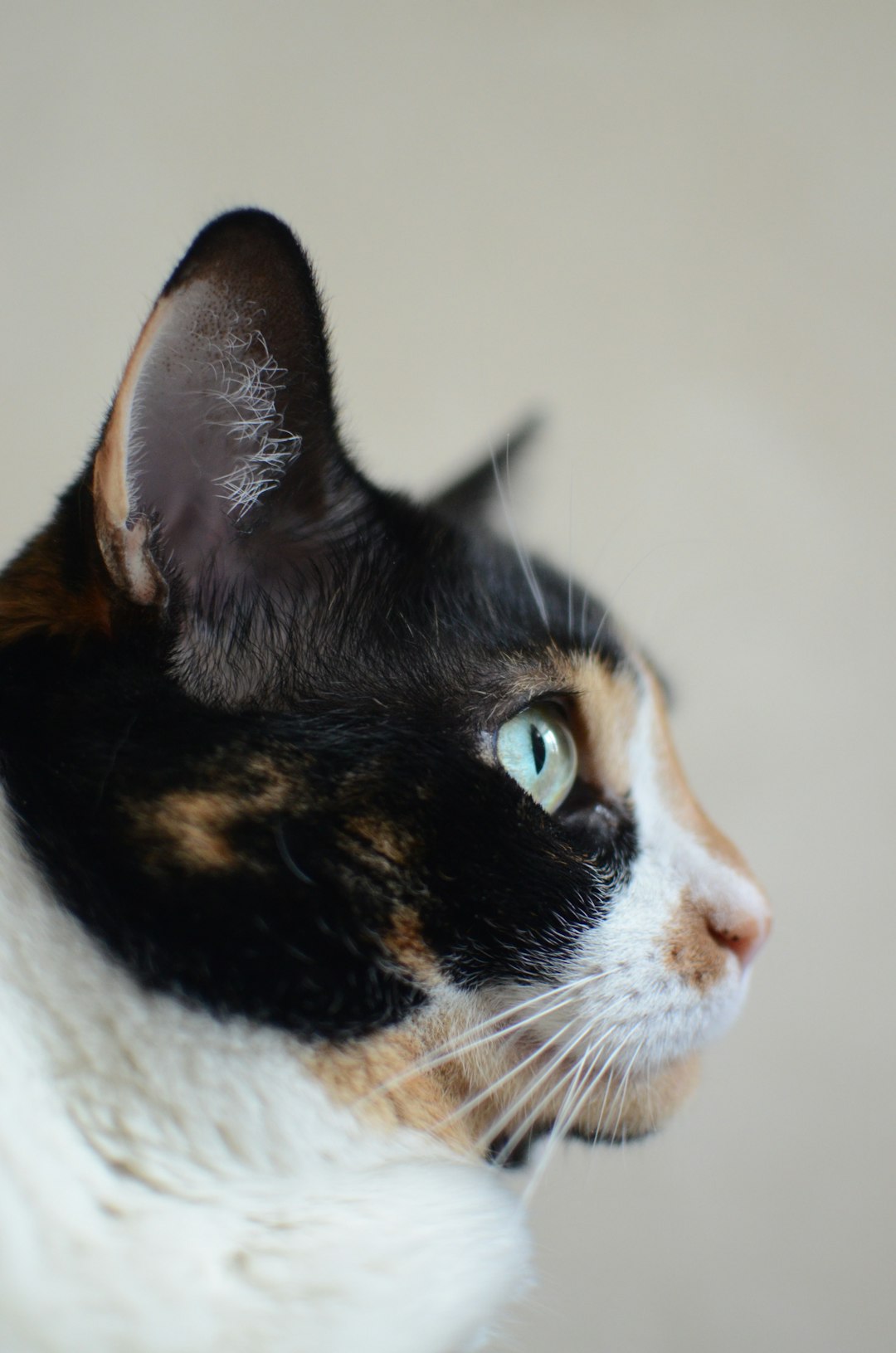
Factors Influencing Munchkin Cat Lifespan
Several factors can significantly influence the munchkin cat lifespan. Understanding these elements helps cat owners provide the best care for their furry companions. Here are the primary factors:
Genetics: Munchkin cats possess unique genetic traits that can affect their longevity. Healthy breeding practices can enhance their lifespan.
Diet: A well-balanced diet rich in essential nutrients plays a vital role. Proper nutrition reduces the risk of obesity and other health issues, ultimately supporting a longer life.
Healthcare: Regular veterinary check-ups ensure early detection and management of potential health problems, thus positively impacting the munchkin cat lifespan.
Environment: Living conditions matter! A safe, stimulating environment can prevent stress-related health problems, keeping munchkins happier and healthier.
Exercise: Regular physical activity is crucial. Engaging your munchkin in playtime can help maintain a healthy weight and promote overall well-being.
By recognizing these factors, you can take proactive steps to help maximize your munchkin cat’s lifespan. Prioritize their health, and enjoy many joyful years together!
Average Lifespan of Munchkin Cats
When assessing the munchkin cat lifespan, it’s essential to recognize that these charming felines tend to live longer than many other breeds. On average, munchkin cats live between 12 to 15 years, although some can reach even 18 years with proper care.
Key factors influencing their lifespan include:
- Genetics: Munchkin cats typically inherit a robust genetic profile that promotes longevity.
- Diet: A balanced diet significantly contributes to their overall health and lifespan.
- Healthcare: Regular vet check-ups help identify and treat issues early.
- Living environment: A safe and stimulating environment supports mental and physical health.
Lifespan Comparison Table
| Cat Breed | Average Lifespan |
|---|---|
| Munchkin Cat | 12 – 15 years |
| Siamese Cat | 12 – 20 years |
| Persian Cat | 10 – 17 years |
| Maine Coon | 12 – 15 years |
In conclusion, the munchkin cat lifespan reflects their resilience and adaptability. By focusing on the right care, you can ensure many joyful years with your munchkin companion.
Common Health Issues in Munchkin Cats
Munchkin cats, with their adorable short legs and playful personalities, are generally healthy pets. However, like all breeds, they may encounter specific health issues that can affect their munchkin cat lifespan. Understanding these common problems can help you provide better care for your furry friend.
Common Health Problems:
- Lordosis: A spinal deformity that can affect Munchkin cats due to their unique body structure.
- Hip Dysplasia: Although not as prevalent, some Munchkin cats may develop this condition, impacting mobility and comfort.
- Dental Problems: Regular dental care is crucial, as Munchkin cats can be prone to periodontal disease.
- Obesity: Due to their playful nature, maintain a healthy diet to avoid excess weight that could shorten their lifespan.
Prevention Tips:
- Schedule regular veterinary check-ups.
- Maintain a balanced diet and facilitate regular exercise.
- Monitor for any behavioral changes or signs of discomfort.
By being aware of these common issues, you can take proactive steps to enhance your Munchkin cat’s overall health and potentially extend their munchkin cat lifespan.
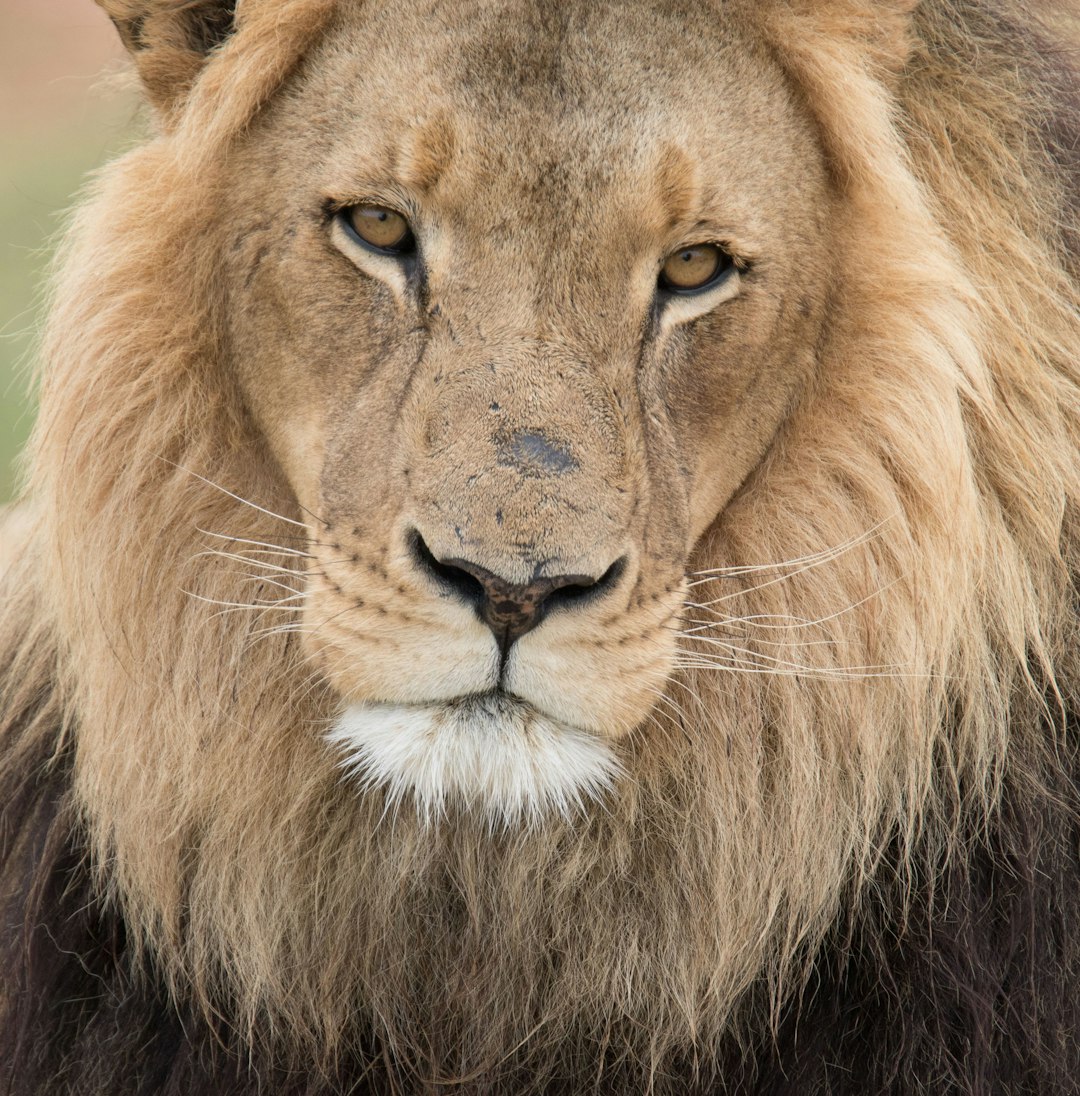
Preventive Care for Munchkin Cats
Maintaining a healthy munchkin cat lifespan requires proactive measures. Preventive care plays a crucial role in ensuring these charming cats live long, fulfilling lives. To maximize their well-being, consider the following strategies:
Regular Veterinary Check-Ups: Schedule yearly health exams. These visits can help detect potential health issues early.
Vaccinations: Keep up with vaccinations to prevent common feline diseases. Staying current ensures a stronger immune system.
Dental Care: Good oral hygiene is essential. Brush your munchkin cat’s teeth regularly and provide dental treats to reduce plaque buildup.
Parasite Control: Administer flea, tick, and worm prevention treatments consistently to protect your cat from illnesses caused by parasites.
Spaying or Neutering: Consider spaying or neutering to reduce the risk of certain health issues and help prevent overpopulation.
Monitoring Weight: Obesity can significantly impact a munchkin cat’s lifespan. Keep a check on their weight and adjust their diet accordingly.
By implementing these preventive care measures, you can positively influence your munchkin cat’s lifespan and quality of life.
Nutrition and Its Impact on Lifespan
Proper nutrition plays a vital role in determining the munchkin cat lifespan. A balanced diet can help prevent common health issues, thereby contributing to a longer, healthier life. Here are key aspects of nutrition that affect your munchkin’s longevity:
- Quality Ingredients: Choose high-quality cat food with real meat as the primary ingredient. This ensures your munchkin receives essential proteins.
- Balanced Diet: Ensure the diet includes a proper balance of carbohydrates, fats, vitamins, and minerals. This supports their overall health and immune system.
- Portion Control: Monitor portion sizes to prevent obesity, which can lead to various health problems and reduce the munchkin cat lifespan.
- Hydration: Provide fresh water daily. Good hydration helps with kidney function and keeps your munchkin active.
| Factor | Impact on Lifespan |
|---|---|
| Quality Food | Promotes overall health |
| Balanced Nutrients | Supports body functions |
| Portion Control | Prevents obesity |
| Hydration | Aids kidney function |
By understanding the importance of nutrition, you can significantly enhance your munchkin cat’s quality of life and potentially extend their lifespan.
Living Environment and Its Role in Longevity
The living environment significantly influences the munchkin cat lifespan. A safe, enriched, and stimulating space can promote a longer and healthier life for your furry friend. Here’s how to optimize their surroundings:
Safety First: Ensure your home is secure by removing hazards such as toxic plants, fragile objects, or choking risks. Cat-proofing your space prevents accidents and injuries.
Enrichment: Munchkin cats thrive in environments that cater to their playful nature. Providing interactive toys, scratching posts, and climbing structures helps keep them active and mentally stimulated.
Indoor vs. Outdoor: While outdoor exploration can be tempting, it poses risks such as disease, parasites, and accidents. An indoor environment protects your munchkin’s health and contributes to a longer lifespan.
Social Interaction: Munchkins are social creatures that benefit from companionship—either from their human family or other pets. Regular interaction fosters emotional well-being, which directly correlates with a longer munchkin cat lifespan.
Fostering a nurturing living environment is key to ensuring your munchkin cat enjoys a long, happy life.

Tips for Extending Your Munchkin Cat’s Life
Ensuring a long and healthy life for your Munchkin cat relies on proactive care and attention. Consider these essential tips to enhance their munchkin cat lifespan:
- Regular Vet Check-ups: Schedule annual health check-ups to catch potential issues early.
- Balanced Diet: Provide high-quality, age-appropriate food. Consult with your vet to tailor a nutritional plan specific to your cat’s needs.
- Daily Exercise: Encourage playtime with interactive toys to promote physical and mental stimulation. Engaging activity helps maintain a healthy weight.
- Safe Environment: Create a safe home by removing hazardous items and providing a secure area for play. Consider providing cat trees or shelves for climbing.
- Dental Care: Regularly brush your cat’s teeth and consider veterinary dental cleanings to prevent oral issues that may affect overall health.
- Hydration: Ensure fresh water is always available. A water fountain can entice your munchkin to drink more, which is crucial for kidney health.
By following these tips, you can maximize your Munchkin cat’s happiness and potentially extend their munchkin cat lifespan.
Frequently Asked Questions
What is the average lifespan of a Munchkin cat?
The average lifespan of a Munchkin cat typically ranges from 12 to 15 years. However, some cats may live beyond this range with proper care, nutrition, and regular veterinary check-ups. The lifespan of a Munchkin can be influenced by various factors, including genetics, overall health, and lifestyle. With their playful and affectionate nature, Munchkin cats can become cherished companions for many years if given the right environment.
What factors can influence the lifespan of a Munchkin cat?
Several factors can influence the lifespan of a Munchkin cat, including genetics, diet, and lifestyle. Genetics play a significant role, as some Munchkin cats may be predisposed to certain health conditions. A balanced diet with high-quality cat food contributes to a healthy weight and overall well-being. Additionally, lifestyle choices such as regular exercise, mental stimulation, and routine veterinary care help prevent illness and enhance longevity. Providing a safe and enriching environment also supports a healthier, longer life for your Munchkin.
Are there any common health issues that affect Munchkin cats?
Yes, Munchkin cats can be prone to certain health issues because of their unique genetic makeup. Some common health problems include skeletal issues such as lordosis (a curvature of the spine) and respiratory issues. Due to their shorter legs, they may also experience mobility-related challenges. Regular veterinary visits, maintaining a healthy weight, and monitoring their overall health can help manage and mitigate these risks. It’s essential for Munchkin owners to stay informed about their cat’s health and seek preventative care.
How can I ensure a long, healthy life for my Munchkin cat?
To ensure a long and healthy life for your Munchkin cat, prioritize regular veterinary check-ups to catch potential health issues early. Provide a balanced diet tailored to their needs, along with plenty of fresh water. Engage your Munchkin in regular play and interactive activities to keep them mentally and physically stimulated. Create a safe and comfortable living environment, minimizing stressors. Finally, ensure they are spayed or neutered if not intended for breeding, which can also contribute to a prolonged lifespan.

